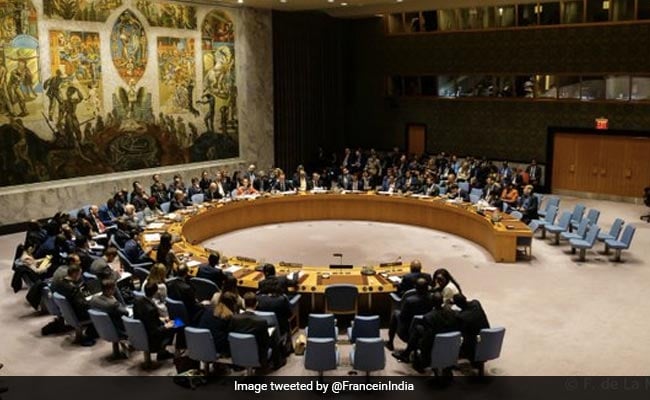EV shift:China’s market has stagnated due to the shift to EVs.
| Photo Credit: AFP
Chinese auto sales slumped in June as the domestic economy remained sluggish, but buoyant exports offset the decline at home, an industry association said Wednesday.
Sales in China dropped 7.4 per cent compared to a year earlier to 1.8 million cars, while exports rose 29 per cent to 400,000 units, the China Association of Automobile Manufacturers said in a monthly report.
In the first six months of the year, exports rose 31.5 per cent while domestic sales edged up 1.6 per cent. The surge in exports comes at a time of growing concern in Europe and the United States that inexpensive China-made cars could overwhelm established automakers in the West.
While much of the concern has been focused on China’s flashy and moderately priced electric cars, export growth has been concentrated mainly in gasoline-powered vehicles. They climbed 36 per cent in the first half of the year and accounted for 78 per cent of vehicle exports. Chinese EV exports were down 2.3 per cent, while hybrids jumped 180 per cent from a smaller base.
The exports have helped make up for weaker sales of gasoline vehicles in China as the overall market has stagnated and buyers have shifted to electric vehicles and hybrids.
Russia is by far the largest and a still rapidly growing export market, where Chinese makers have filled a void left by the departure of other automakers after the Russian invasion of Ukraine. Other sizeable markets include Brazil and Mexico in Latin America, the United Arab Emirates and Saudi Arabia in the Mideast and Belgium and the UK in Europe.
The European Union imposed provisional duties on Chinese electric vehicles last week, alleging that government subsidies give automakers in China an unfair advantage.
Chinese makers are moving production overseas. BYD, the country’s largest EV maker, opened a plant in Thailand last week and plans to build factories in Brazil, Hungary and Turkey.
The sales drop in China was the second monthly decline in a row. Separate figures tabulated by the China Passenger Car Association show three straight months of falling sales. A severe real estate slump has dampened economic growth and depressed consumer confidence.
















